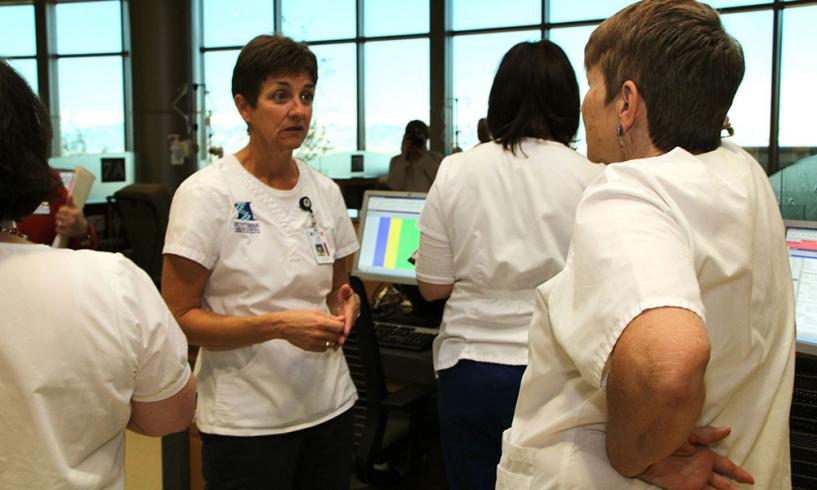The U.S. Preventive Services Task Force (USPSTF) released a final recommendation statement on screening for colorectal cancer. Screenings continue to be a source of debate, weighing the cost of screenings against the age and potential prognosis of the patients.
In this case, screenings for colorectal cancer starting at age 50 years and continuing until age 75 were recommended. The decision to screen for colorectal cancer in adults aged 76 to 85 is suggested to be a patient-centered one, taking into account overall health and prior screening history.
Additionally, the Centers for Disease Control and Prevention (CDC) believes more can be done to treat colorectal cancer. “Colorectal cancer is the second leading cancer killer for men and women in the U.S., but it doesn’t have to be,” says Djenaba Joseph, MD, MPH, medical director of the colorectal cancer control program at CDC and lead author of the paper. “Screening saves lives. The good news is that our modeling shows that the U.S. healthcare system has the potential to meet our national goal of screening 80 percent of adults ages 50-75. Ask your doctor about screening—there are several options now.”
The new study, “Colorectal Cancer Screening: Estimated Future Colonoscopy Need and Current Volume and Capacity,” is published online in the journal Cancer. CDC’s Screen for Life campaign has free resources to promote screening available.






